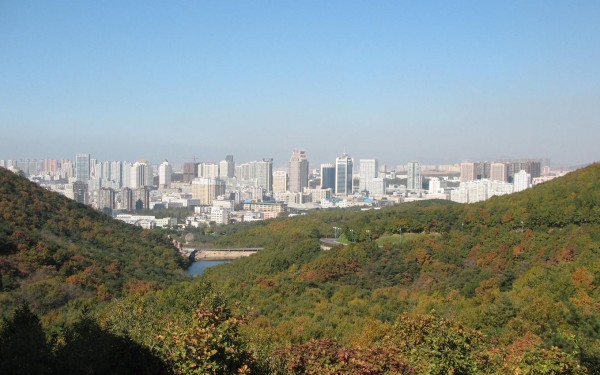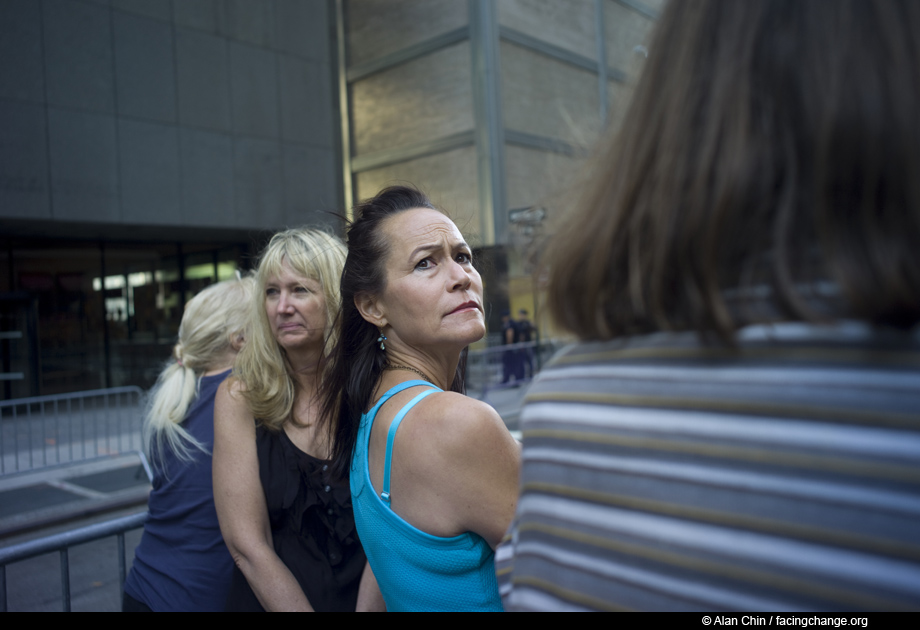Notes
Beyond Commemoration Sunday: Remembering to Forget
Commemoration Sunday is over, and America has resolved once again to never forget the terror attack of 9/11/01. That terrible day should not be forgotten, but concerned citizens might ask whether 9/11 has much to do with the problems defining the US today.
Al Qaeda didn’t destroy this Fisher Body plant in Detroit, Michigan. Didn’t have to. Nor, as the comic Andy Borowitz has astutely pointed out, have foreign terrorists threatened to dismantle “some of the most essential functions of the US government, from Social Security to the Federal Reserve.” You had to go to the recent Republican Party Presidential Debate at the Reagan Library to hear that.
To steal a phrase from Barbie Zelizer, 9/11 commemorations may be another example of “remembering to forget“: It is easy to remember the planes hitting the Twin Towers, but difficult to face the massive cost of 9/11–according to Sunday’s New York Times, $3.3 trillion and counting, with the greatest portion by far the result of an ill-advised and fraudulently justified rush to war. And while that national treasure was being squandered, jobs were being lost by the thousands every month: 2.3 million between 2001 and 2007, and the hemorrhage hasn’t stopped since then.
This is how the US should look: a gleaming city. It need not even be a “city on a hill,” just a city that shows the signs of strong investment guided by government policies representing a dedicated and intelligent effort to lift the nation to new heights. Unfortunately, the photograph is not from Milwaukee or Buffalo or New Orleans or Portland or any other American city. Welcome to the Jinzhou New Area on the northern side of Dalian, China. It’s what you can do if your national economic policy is dedicated to creating jobs, and if you aren’t spending a trillion dollars on an unnecessary war in Iraq, and if you are not held hostage to economic policies that now have a proven track record at benefiting only the wealthy at the expense of the middle and working classes.
Is the comparison unfairly selective? Sure, and one could show pictures of poverty in China and gleaming office towers in the US. But consider this: Detroit has been in trouble for a long time–the first Chrysler bailout was in 1979–while everything you see in the second photograph has been built since the establishment of the Dalian Economic and Technological Development Zone in September 1984. Detroit is still waiting for its “market solution,” while Dalian exemplifies what capitalism can do when it is made to serve the national interest.
The US economy is experiencing serious structural problems due to government policies at home and abroad. Terrorism has nothing to do with it, save as a distraction and an invitation to mismanagement of national resources. For the record, American democracy isn’t broken beyond repair. It is is serious trouble, however, and not least because the Republican party is prepared to reduce the nation to Third World status in order to win elections. And as Mike Lofgren has trenchantly argued, don’t think they don’t have the political will or the policies to do it.
Along with the memory of 9/11, it is imperative that Americans recall just how much has been lost in the last ten years. And why.
— Robert Hariman
(cross-posted from No Caption Needed)
(photos: Yves Marchand and Romain Meffre/The Ruins of Detroit and Jim Ford/Evanston.)



Reactions
Comments Powered by Disqus